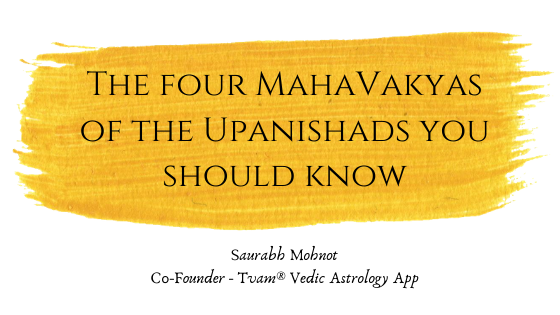prasad1
Active member
Isvara is what is called Saguna Brahman or Brahman with attributes in Advaita Vedanta. Shankara of course considers Isvara or Brahman with attributes as ultimately unreal. He writes in his commentary on Brahma Sutra Bhasya III.II.18:
Bhaktas of course worship some form of Isvara who is unreal according to Advaita Vedanta teaching. So strict Advaita Vedantins think that devotion is useful to purify the mind but one has to take help of Jnana Yoga to attain moksha. Modern Advaitins like Sri Ramakrishna and Sri Ramana Maharshi take a more liberal position and accept the usefulness of Bhakti in reaching the highest.

 www.quora.com
www.quora.com
I am posting as if I understand all this. I do not have first-hand knowledge, so it is purely an intellectual exercise.
Others might have more knowledge about the true nature.
So I can not contradict their position. and maybe they are right and I might be wrong.
Brahma Sutra Bhasya of Sri Sankaracharya, III.II.18Since this Self is by nature Consciousness Itself, distinctionless, beyond speech and mind, and can be taught by way of negating other things, hence in the scriptures dealing with liberation an illustration is cited by saying that it is "like the sun reflected in water". Here the aspect kept in view is the one with attributes, which is not real and which is created by limiting adjuncts, as it is done in such texts, "As this luminous sun, though one in itself, becomes multifarious owing to its entry into water divided by different pots, similarly this Deity, the birthless, self-effulgent Self, though one, seems to be diversified owing to its entry into the different bodies, constituting its limiting adjuncts." Similarly, 'Being but one, the Universal Soul is present in all beings, though One, It is seen as many, like the moon in water" (Amritabindu, 12) and other texts.
Bhaktas of course worship some form of Isvara who is unreal according to Advaita Vedanta teaching. So strict Advaita Vedantins think that devotion is useful to purify the mind but one has to take help of Jnana Yoga to attain moksha. Modern Advaitins like Sri Ramakrishna and Sri Ramana Maharshi take a more liberal position and accept the usefulness of Bhakti in reaching the highest.

What is Advaita Vedanta's perspective or view on devotion (bhakti)?
Answer (1 of 10): Advaita says, “Attending is bhakti in that it leads to God.” Attending what? It. Doesn’t. Matter. Attending the illusory evolves. Putting your attention on anything invites God to reveal it more fully to you, and as the thoughts arrive, the nervous system acquires clarity. De...
I am posting as if I understand all this. I do not have first-hand knowledge, so it is purely an intellectual exercise.
Others might have more knowledge about the true nature.
So I can not contradict their position. and maybe they are right and I might be wrong.



